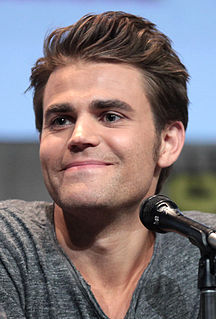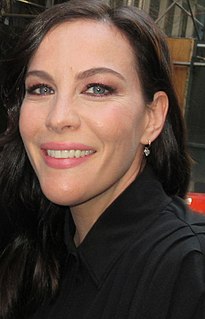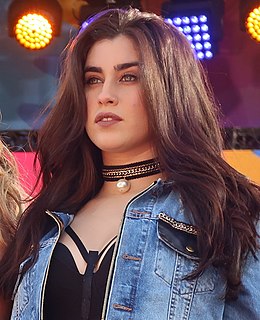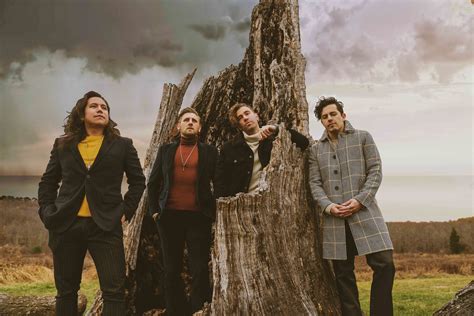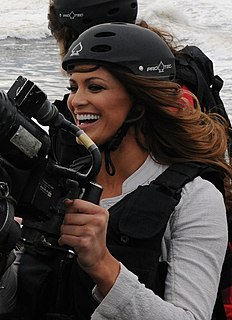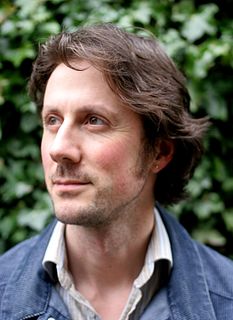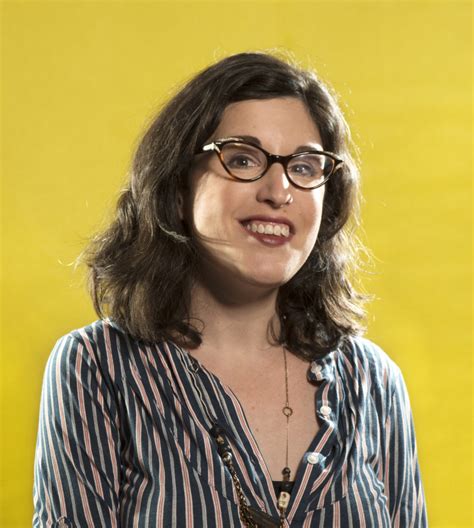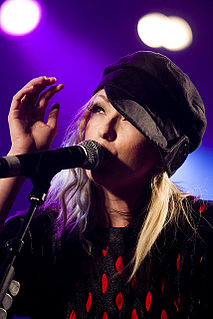A Quote by Sarah Stillman
So much of our cultural representation of what an investigative journalist looks like, in movies and pop culture, is about this really testosterone-filled dude screaming, "Give me what you got!" I didn't see myself as someone who would be good at or comfortable with that.
Related Quotes
I just remember saying to myself that I'd much rather do movies than modeling, and that it was worth a try. I didn't really know anything about it. I hadn't seen many movies, or so-called, good movies. When I was a kid, I was obsessed with Star Wars and Night of the Living Dead. When I got more curious about the movies, I thought they were something you had to learn about and go to school for and read every book.
It's kind of a collaborative relationship. Westworld requires the investment of the people watching, and that's what I love about it. It changed my life. When I read the script, I was like, 'This is going to change the way I think about my own life. The way I see myself, the people around me, and the way I choose to exist.' That's what great material does. It transcends just being pop cultural entertainment, and actually involves the mind. It's really fun, and when I see the reactions and theories it makes me really excited. That's why I act.
In a modern world, increasingly filled with pop culture fads and gimmicks, Lisa Morton reveals much of the underbelly history and unknown facts regarding the biggest pop culture event in history-Halloween. Her sheer delight and well-researched enthusiasm in tackling many of the unrecognized aspects of this monstrous topic makes one wonder what we don't know about everything else that should be as commonplace to our psyche as a bag of candy.
I don't see a lot of studio executives caring at all about what the culture is telling us. They think they make the culture. They're not out taking the temperature of things and using the results of whatever sort of cultural surveying they're doing to make movies. They're interested in doing things that people are already comfortable with, and taking those properties and filling them.
The nineties as a pop cultural sphere was a really fertile time for feminism that was grounded and located in popular culture. I'm talking about before the Spice Girls - Sassy Magazine, riot grrrl, the Beastie Boys, Nirvana. You had this alternative culture that was very much speaking up on behalf of women and in favor of women.




